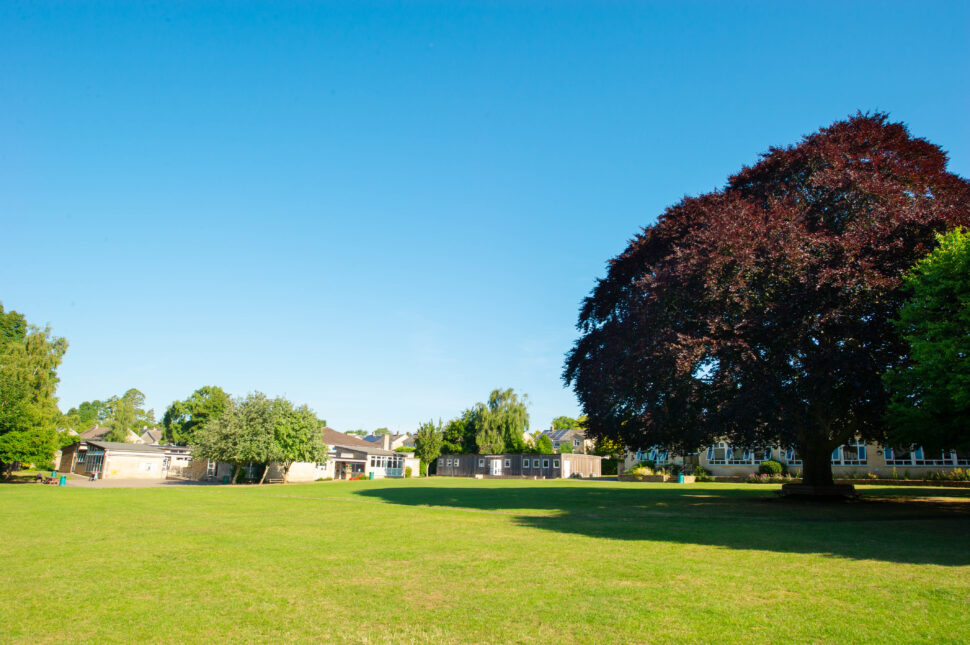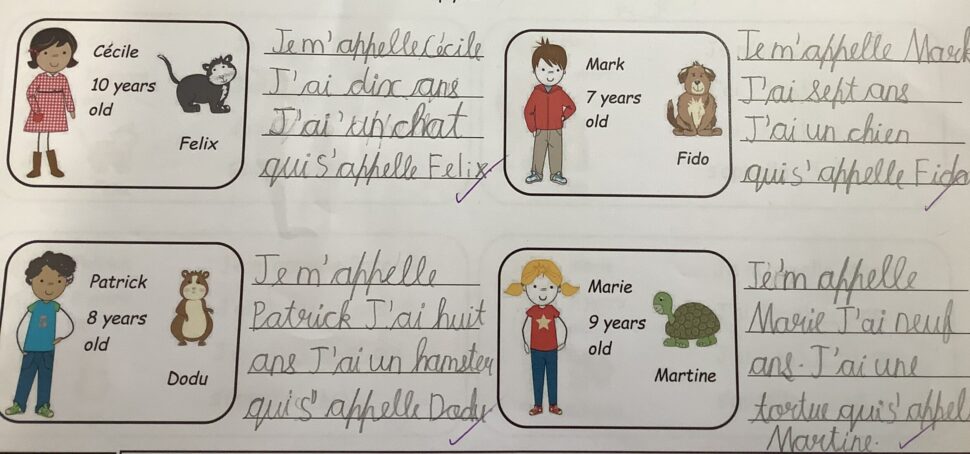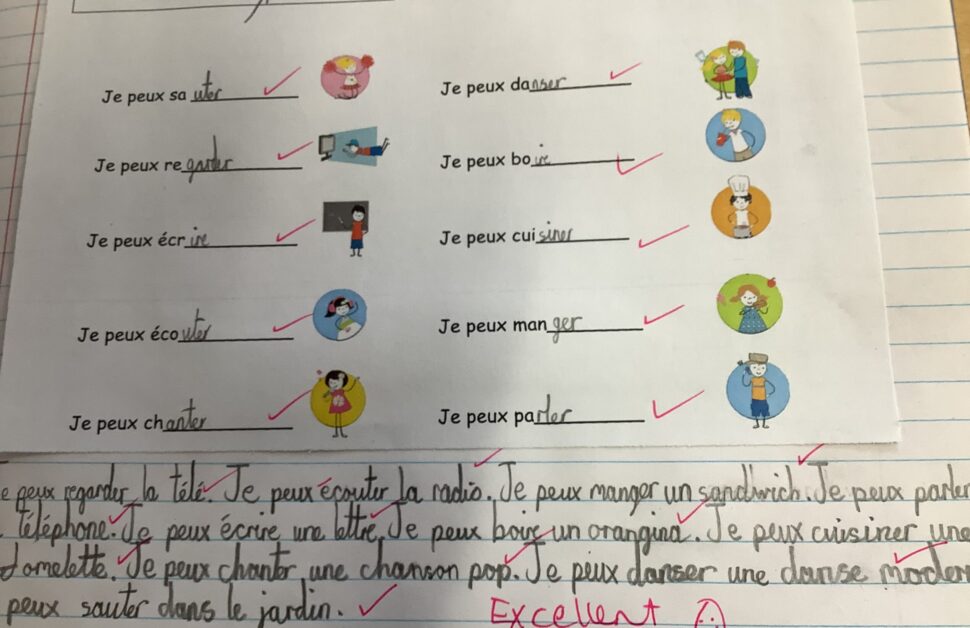
Learn
We intend to offer a relevant, broad, vibrant and ambitious foreign languages curriculum that will inspire and excite our pupils using a wide variety of topics and themes. All pupils will be expected to achieve their full potential by encouraging high expectations and excellent standards in their foreign language learning.
The four key language learning skills; listening, speaking, reading and writing will be taught and all necessary grammar will be covered in an age-appropriate way across the primary phase. This will enable pupils to use and apply their learning in a variety of contexts, laying down solid foundations for future language learning and also helping the children improve overall attainment in other subject areas. In addition, the children will be taught how to look up and research language they are unsure of and they will have a bank of reference materials to help them with their spoken and written tasks going forward. This bank of reference materials will develop into a reference library to help pupils recall and build on previous knowledge throughout their primary school language learning journey

Grow
We intend to help children to develop a love of learning new languages as they progress though the school. We believe that learning French provides a valuable, educational, social and cultural experience for all of our pupils. It will help children to develop their communication skills as well as give them a new and broader perspective on the world, encouraging them to understand their own traditions and those of others, helping them to find their own place in the world. We hope they becoming life-long language learners.

Flourish
We hope that when children leave Christ Church Primary School, they will have a natural curiosity and confidence to explore other countries, cultures and languages, accepting that, in a multi-lingual society, it is a valuable skill and a joy to be able to communicate effectively with others in another language. They will be enthusiastic and well prepared to continue language learning at secondary school.
IMPLEMENTATION
Teaching and Learning Overview
Our whole school approach to language teaching and learning is in line with the recommendations of the National Curriculum and the requirements outlined in the Department for Education Languages Programme of Study for Key Stage 2. (There is no requirement for pupils in KS1 to learn a foreign language.)
The National Curriculum for languages aims to ensure that all pupils:
By the end of key stage 2, pupils should be able to:
IMPACT
As well as each subsequent lesson within a unit being progressive, the teaching type organisation of units also directs, drives and guarantees progressive learning and challenge. Units increase in level of challenge, stretch and linguistic and grammatical complexity as pupils move from Early Learning units through Intermediate units and into the most challenging Progressive units. Units in each subsequent level of the teaching type categories require more knowledge and application of skills than the previous teaching type. Activities contain progressively more text (both in English and the foreign language being studied) and lessons will have more content as the children become more confident and ambitious with the foreign language they are learning.
Early Learning units will start at basic noun and article level and will teach pupils how to formulate short phrases. By the time pupils reach Progressive units they will be exposed to much longer text and will be encouraged to formulate their own, more personalised responses based on a much wider bank of vocabulary, linguistic structures and grammatical knowledge. They will be able to create longer pieces of spoken and written language and are encouraged to use a variety of conjunctions, adverbs, adjectives, opinions and justifications.
Pupils will continuously build on their previous knowledge as they progress in their foreign language learning journey through the primary phase. Previous language will be recycled, revised, recalled and consolidated whenever possible and appropriate.
Pupils will be aware of their own learning goals and progression. Assessment of pupil learning and progression in the key language skills (speaking, listening, reading and writing) and against the 12 DfE Languages Programme of Study for Key Stage 2 attainment targets is done at the end of each 6-week teaching unit. This information will be recorded and will be monitored by the Foreign Language Subject Leader who can use this data to ensure teaching is targeted and appropriate for each pupil, class and year group
Children are expected to make good or better than good progress in their foreign language learning and their individual progress is tracked and reported to pupils and parents / carers in line with school recommendations.
MFL documents